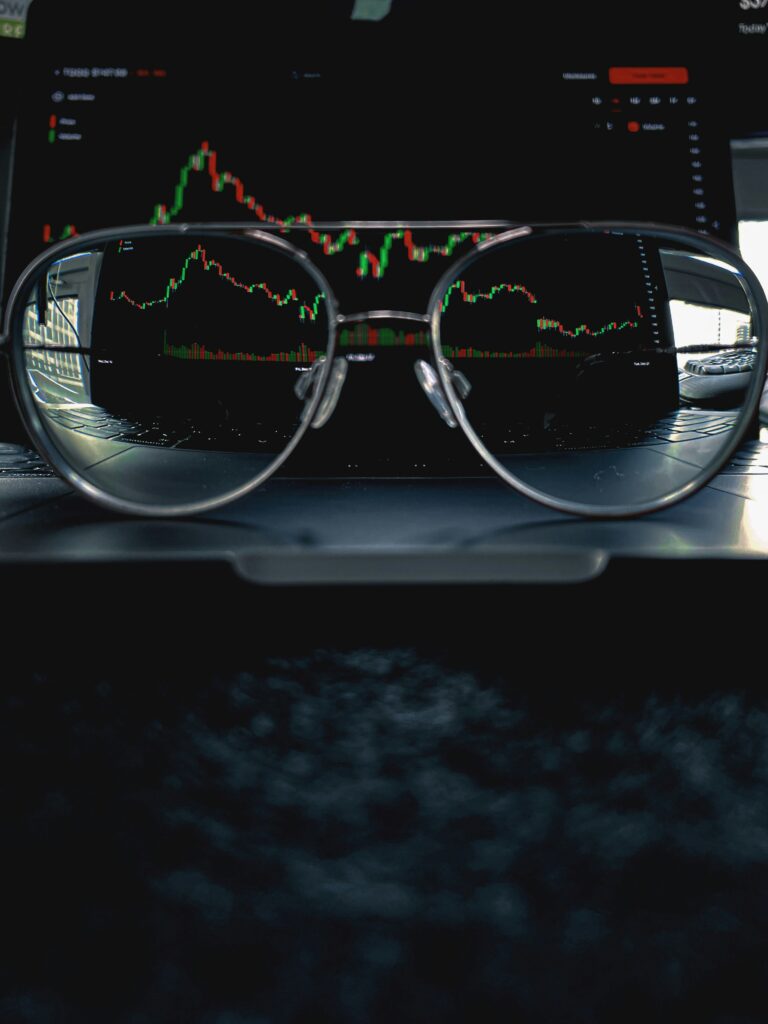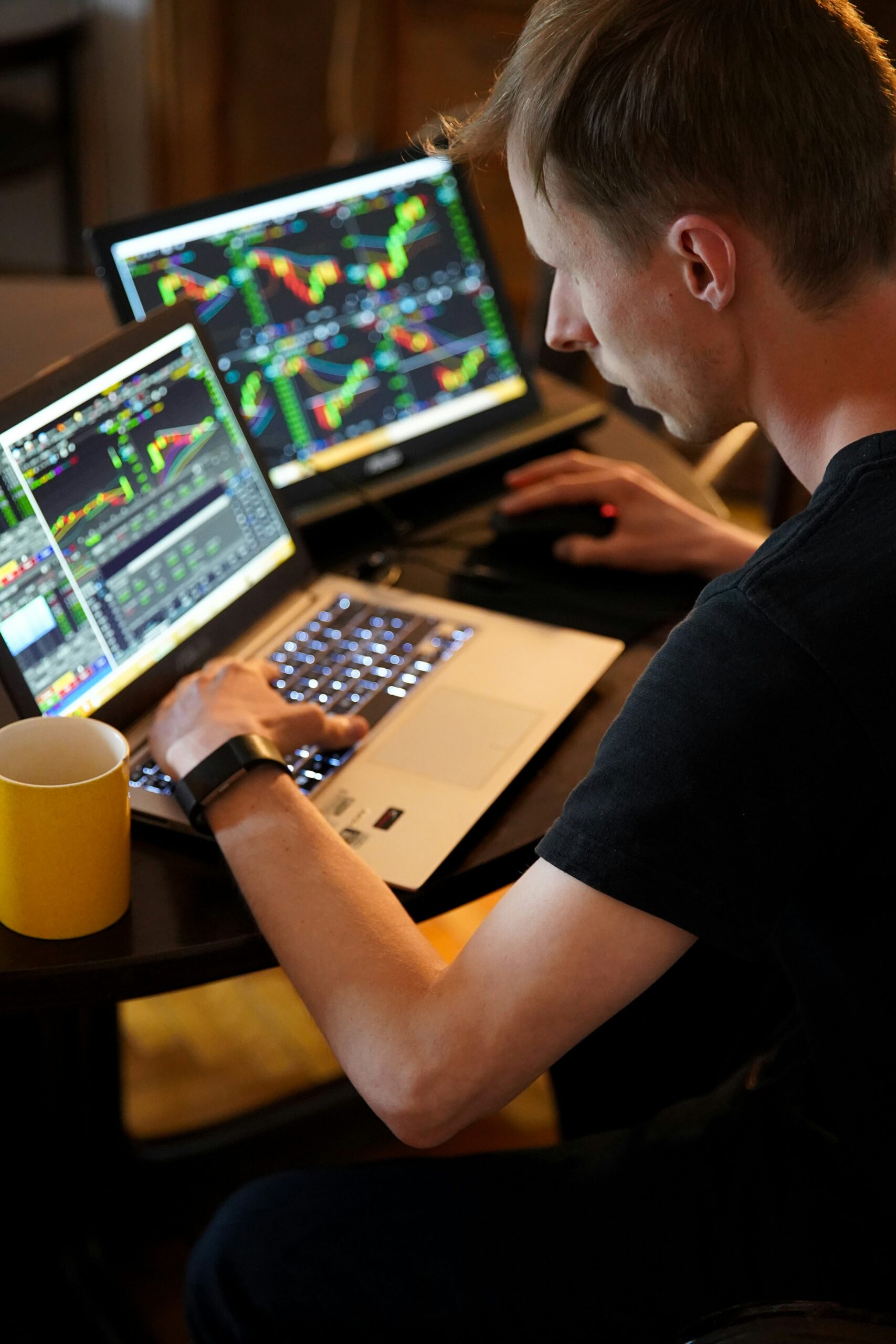The stock market also known as equity market is like a big online marketplace where people buy and sell pieces of publicly listed companies. These pieces are called “stocks” or “shares.” When you buy a share, you own a small part of that business.
example – Let’s say a pizza company called “PizzaPower Ltd” is worth $1,000,000 and it divides itself into 1,000,000 shares. That means each share is worth $1. If you buy 10 shares, you now own $10 worth of PizzaPower ltd.
The more slices you have, the more of the pizza (company) you own.If a company has 100,000 shares and you own 10,000 shares, you own 10% of that company.
Why Do Companies Sell Their Shares In Stock Market ?
Have you ever thought, “Why do big companies like Apple or Tesla sell their shares to the public?” Why don’t they just keep the business for themselves?
The answer is simple: to raise money. But that’s not the only reason.
Just like people need money to buy a house, start a shop, or go to college, companies need money to grow their business.But instead of always taking loans from banks (which have to be paid back with interest), companies have another option:
Sell shares to the public.
This process of selling shares to the public for the first time is called an IPO (Initial Public Offering) .”We can discuss it later in more detail on another blog.”
The number one reason companies sell shares is to raise money.
* Build new factories
-
-
Open new offices or stores
-
Hire more staff
-
Launch new products
-
Expand into new countries
-
How Does it Work?
-
-
-
Companies need money to grow their business.
-
So they sell shares to people like you and me through the stock market.
-
When you buy shares, you give them money.
-
In return, if the company performs well, the price of your share goes up, and you can sell it later for a profit.
-
-
Let’s say you bought 10 shares of a company called FutureTech Ltd for $5 each.
-
-
-
Total spent = 10 × $5 = $50
-
-
If after a few months the price of that share becomes $8:
-
-
-
New value = 10 × $8 = $80
-
Profit = $80 – $50 = $30
-
-
So you made a profit of $30.
Can You Lose Money?
Yes, if the company doesn’t do well, the price of the share can go down. If the price becomes $3:
-
New value = 10 × $3 = $30
Loss = $50 – $30 = $20
Where Does This Trading Happen?
You access the market electronically from your computer or phones and conduct transactions ( buy or sell ). The United States has several stock exchanges ( A stock exchange is a platform where companies’ shares are bought and sold) , but two are the biggest and most important:
1 -New York Stock Exchange (NYSE)
📍 Location: New York City
🏛 Founded: 1792
Importance: Largest stock exchange in the world by market value.
🏢 Companies Listed: Big companies like Coca-Cola, Walmart, IBM, ExxonMobil.
2- NASDAQ (National Association of Securities Dealers Automated Quotations)
📍 Location: New York City (electronic, no physical trading floor)
🏛 Founded: 1971
Known For: Technology companies like Apple, Amazon, Microsoft, Google (Alphabet).
Other Stock Exchanges in America
These are smaller or specialized exchanges:
3. Chicago Stock Exchange (CHX) – Now part of NYSE.
4. OTC Markets Group – For smaller companies, not listed on NYSE/NASDAQ.
5. IEX Exchange (Investors Exchange) – Known for its fair trading practices
Market Participant In American Stock Market
In the U.S. stock market, a diverse range of participants work together to facilitate trading, liquidity, and price discovery. Here’s a breakdown of the key market participants and their roles:
Institutional Investors
-
-
Includes pension funds, mutual funds, hedge funds, insurance companies, endowments, and more.
-
Manage large sums of money on behalf of clients and account for roughly 80 % of NYSE trading volume
-
-
Retail Investors
-
Individuals trading their own money via brokerages. They have smaller volumes, limited fee negotiation power, and access to fewer securities .
-
-
Speculators and Traders
-
Encompass day traders, swing traders, and high-frequency traders aiming for short-term gains. They enhance market liquidity and volatility
-
Broker‑Dealers
-
-
Act as intermediaries, executing orders from retail and institutional clients. They can also trade from their own accounts
-
Clearing Agencies & Depositories
-
Organizations like NSCC, DTC, and FICC that clear, settle, and process transactions to ensure smooth settlement
-
-
Regulator & Exchanges
These entities oversee and manage the infrastructure and market integrity:
-
Exchanges (e.g., NYSE, NASDAQ)
-
Regulators
-
The SEC enforces U.S. securities laws, overseeing exchanges, broker-dealers, and clearing firms.
-
FINRA supervises broker-dealers, licensing, and market conduct
-
Special Participants & Structures
-
High‑Frequency Traders ( HFTs )
-
Use advanced algorithms to execute large volumes of trades in milliseconds.
-
Quick Comparison Table
| Category | Who | Role |
|---|---|---|
| Buy‑Side | Institutional, Retail, Speculators | Acquire securities for investment, income, or profit |
| Sell‑Side | Brokers, Dealers, Market Makers | Facilitate trade execution and provide liquidity |
| Infrastructure | Clearing Agencies, Depositories | Clear, settle, and process transactions |
| Exchanges | NYSE, NASDAQ | Provide electronic auction/dealer marketplaces |
| Regulators | SEC, FINRA | Enforce rules, protect investors, and license firms |
TYPES OF STOCK MARKET ?
There are mainly two types of stock markets:
1- Primary Market
This is where companies sell shares for the first time through an IPO.
You can buy shares directly from the company during IPO .
2- Secondary Market
This is where people buy and sell shares from each other.
Example: You sell your Apple shares to someone else using a trading app .
Why Do People Invest in the Stock Market?
Wealth Accumulation & Capital Growth
-
Historically, stocks have delivered average annual returns of over 10% since 1926—outpacing bonds and cash—which helps grow wealth more rapidly over time.
-
Long-term investing combines capital appreciation and compounding, enabling significant growth over decades
Dividend Income & Passive Earnings
-
Many companies pay dividends, offering regular income even if you don’t sell shares
Beat Inflation
-
Stock market returns tend to significantly exceed inflation (~3–4%), preserving and growing real purchasing power over time .
Liquidity & Accessibility
-
Publicly traded stocks can be bought or sold quickly with low transaction costs, unlike less liquid assets such as real estate .
Diversification & Risk Management
-
Investing across multiple companies, sectors, and regions spreads risk, reducing exposure to any single under-performer.
-
Mutual funds and index funds offer an easy way to diversify without needing extensive research
Tax Benefits & Retirement Planning
-
Long-term capital gains often face lower taxes compared to salary income in many regions
Control & Flexibility
How to Start Investing in the Stock Market?
If you’re new and want to start investing in stocks, here’s a simple 5-step process:
Step 1: Open a Demat & Trading Account
You’ll need a Demat account to hold your shares and a trading account to buy/sell.
Step 2: Choose a Good Broker
Pick platforms like Robinhood or Fidelity etc .
Step 3: Learn the Basics
Before investing real money, read blogs, watch YouTube videos or try reading books based on investing .
Step 4: Start Small
Begin with a small amount like 100 $ or 500 $. Invest in big, well-known companies.
Step 5: Invest Regularly & Think Long-Term
Don’t expect quick profits. Build wealth slowly.
Risk In Stock Market ?
The stock market involves various risks that can impact your investments. Here are some key risks to consider:
Market Risk
1. Volatility: Stock prices can fluctuate rapidly, resulting in losses.
2. Market downturns: Economic downturns, global events, or market crashes can negatively impact stock prices
Company-Specific Risk
1. Poor management: Ineffective management can lead to company underperformance.
2. Financial struggles: Companies facing financial difficulties may see their stock prices decline.
Liquidity Risk
1. Low trading volume: Some stocks may have low trading volumes, making it difficult to buy or sell shares quickly. Try to invest in high liquidity stock so you can buy or sell stock easily and fast .
Global Events
Global events: Global events, such as wars, natural disasters, or pandemics, can impact the stock market.
How You Can Minimize Your Risk ?
Diversification: Spread your investments across different asset classes and sectors.
Research: Conduct thorough research on companies and their financials.
Long-term approach: Adopt a long-term investment strategy to ride out market fluctuations.
Risk management: Set stop-loss orders, limit positions, and monitor your portfolio regularly.
Final Thoughts: Start Small, Learn Big
The stock market is not a magic money machine, but it’s a powerful tool for growing wealth if you understand how it works.
To succeed : Be patient , Learn every day , Stay consistent
Whether you’re in the U.S, Uk , or anywhere in the world, investing in stocks can change your financial future—one smart decision at a time.
The stock market doesn’t have to be confusing. It’s a powerful tool to grow your money if you understand the basics. Now that you’ve learned how it works — no jargon, no confusion — you’re ready to take the next step.
Remember: “Small steps today lead to big results tomorrow”.
